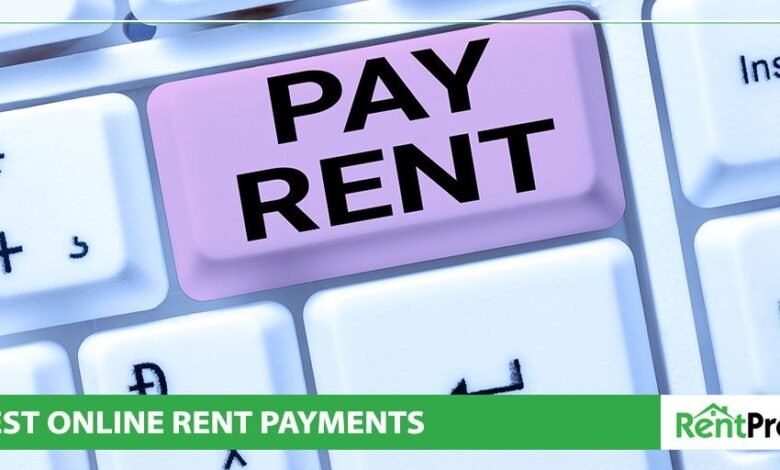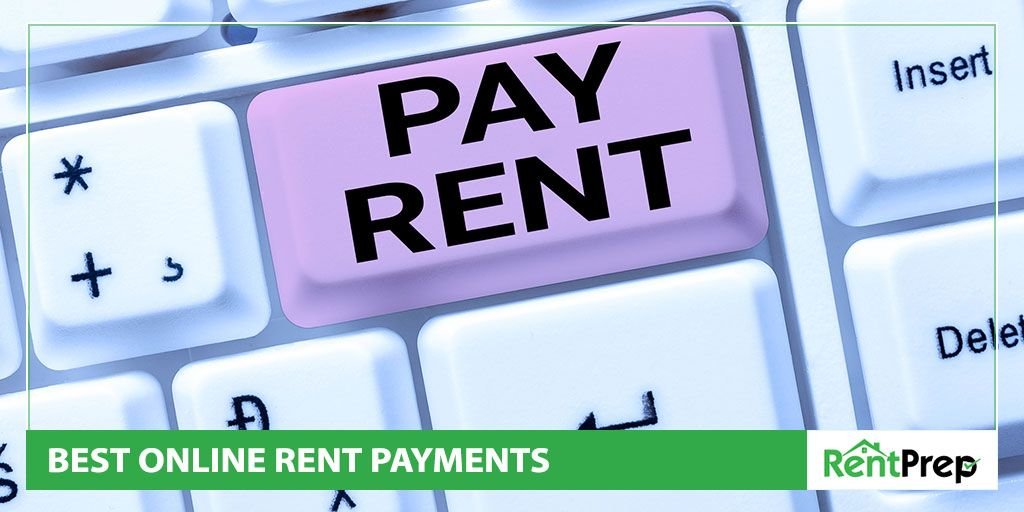Rent Payment Enforcement: A Complete Guide for Landlords and Tenants

Rent payment enforcement is a crucial aspect of maintaining a successful rental relationship. For landlords, ensuring timely rent payments is key to managing their property and finances. For tenants, understanding their rights and obligations regarding rent payments is essential for avoiding conflicts and legal issues. This comprehensive guide will delve into the important aspects of rent payment enforcement, from legal considerations to practical solutions for both landlords and tenants.
Also Read: Co-Ownership Legalities

Introduction to Rent Payment Enforcement
Rent payment enforcement is a legal process through which landlords ensure that tenants pay their rent on time, as per the terms outlined in their lease agreement. It’s an essential part of the rental process that helps landlords maintain cash flow while also protecting their legal rights. On the other hand, tenants must understand their responsibilities regarding rent payments to avoid eviction and legal penalties.
Rent payment enforcement not only ensures financial stability for property owners but also creates a framework for resolving disputes in a fair and lawful manner. Both parties must understand the rules and regulations involved to avoid unnecessary complications.
Understanding Rent Payment Enforcement Laws
Before taking any action regarding rent payment enforcement, both landlords and tenants must be familiar with the laws surrounding rent payments in their jurisdiction. Rent payment laws can vary widely from state to state, and local ordinances may also affect how rent disputes are handled.
1. Lease Agreements and Rent Due Dates
A lease agreement is the first place landlords and tenants must turn to when it comes to rent payment enforcement. The lease outlines the amount of rent, due dates, and grace periods, if applicable. If a tenant fails to make the payment by the agreed-upon date, the landlord can take steps to enforce the rent payment.
2. Rent Payment Grace Periods
Many jurisdictions allow for a short grace period before landlords can start enforcing rent payment. This period is usually a few days to a week, depending on the lease agreement. During this time, tenants may still pay rent without penalty, but after the grace period ends, landlords are legally allowed to take action.
3. Legal Notice and Rent Payment Enforcement
If a tenant does not pay rent on time and no payment is made during the grace period, landlords can issue a formal notice to the tenant. The notice may demand the overdue rent and inform the tenant of the next steps, which could include eviction. It’s important for landlords to follow local laws and give proper notice before taking further action.
Also Read: Understanding Property Boundary Laws

Common Challenges in Rent Payment Enforcement
Enforcing rent payments can be challenging for landlords, especially when tenants are struggling financially or refusing to pay. Some of the most common challenges faced in rent payment enforcement include:
1. Late Payments
Tenants may occasionally miss a rent payment, either due to financial hardship or forgetfulness. While landlords may offer a grace period, repeated late payments can be a sign of underlying issues that need to be addressed.
2. Non-Payment of Rent
Some tenants may deliberately refuse to pay rent, especially if they are dissatisfied with the property or have personal issues with the landlord. Non-payment of rent is a serious problem and requires enforcement action.
3. Failure to Comply with Payment Terms
In some cases, tenants may make partial payments or pay after the due date, without offering a valid reason. This can complicate rent payment enforcement, as it may not align with the lease terms, leading to confusion and disputes.
How to Enforce Rent Payments Effectively
Enforcing rent payments should be done in a fair, transparent, and legally compliant manner. Here are some practical steps landlords can take to enforce rent payments effectively:
1. Send Reminder Notices
Sometimes tenants simply forget their rent payment due date. Sending polite reminder notices a few days before the rent is due can help prevent delays. These reminders can also serve as a subtle prompt to tenants who may be procrastinating.
2. Issue a Late Rent Notice
If the rent remains unpaid after the due date or grace period, landlords can issue a late rent notice. This formal written document informs tenants of the missed payment, the penalty (if applicable), and the next steps that will be taken if the payment isn’t made.
3. Implement Penalties for Late Payments
To incentivize timely payments, landlords can introduce late fees as a penalty for overdue rent. The amount and conditions for late fees should be clearly outlined in the lease agreement to avoid confusion or legal issues.
4. Offer Payment Plans
If tenants are struggling financially, offering a payment plan can be a solution that benefits both parties. Payment plans allow tenants to catch up on overdue rent over time while ensuring that landlords receive payment.
5. Take Legal Action If Necessary
If a tenant fails to pay rent after repeated notices, landlords may need to initiate legal action. This could involve filing for eviction, suing for overdue rent, or taking other measures as allowed by local laws.

Legal Remedies for Rent Payment Issues
If informal efforts to enforce rent payments do not work, landlords can pursue legal remedies. The most common legal actions available for rent payment enforcement include:
1. Eviction
Eviction is the most drastic step in rent payment enforcement. If a tenant refuses to pay rent or violates the lease agreement, landlords may file for eviction through the courts. Before pursuing eviction, landlords must follow specific legal procedures, including providing the required notices and waiting the mandatory time periods.
2. Small Claims Court
In cases where the tenant has not paid a significant amount of rent, landlords can take the issue to small claims court. In this setting, landlords can seek a judgment against the tenant for overdue rent. If the judgment is in favor of the landlord, they can pursue other collection methods, such as wage garnishment.
3. Debt Collection
If the tenant owes rent but has left the property, landlords can pursue a collection agency to recover the overdue payments. This option can be effective, but it may come with added costs and complexities.
Alternatives to Rent Payment Enforcement
While rent payment enforcement is important, landlords may also want to explore alternatives to eviction and other legal measures. Some options include:
1. Negotiating with Tenants
In some cases, tenants may be able to resolve rent payment issues through open communication. If tenants are facing financial hardship, negotiating payment extensions or reduced amounts might provide a more amicable resolution.
2. Rent Assistance Programs
Many regions offer rental assistance programs for tenants struggling to pay rent due to financial hardship. Landlords can direct tenants to these resources to help ensure rent payments are made without legal intervention.
3. Mediation
Mediation can help resolve disputes between landlords and tenants without going to court. A neutral third party can facilitate discussions and help both parties reach a mutually acceptable solution.
How to Prevent Rent Payment Problems in the Future
Preventing rent payment enforcement issues is always better than dealing with them later. Landlords can take several steps to reduce the likelihood of payment problems, including:
1. Screen Tenants Thoroughly
Tenant screening is crucial to ensuring that tenants are likely to pay rent on time. Background checks, credit reports, and rental history assessments can help identify responsible tenants who are less likely to miss payments.
2. Clearly Outline Rent Payment Terms
Having a clear, well-drafted lease agreement that outlines payment terms, late fees, and procedures for non-payment can set expectations and reduce confusion.
3. Maintain Good Communication
Keeping open lines of communication with tenants can prevent many issues from escalating. Regularly checking in with tenants and addressing concerns can foster goodwill and reduce the chances of missed payments.
Frequently Asked Questions (FAQs)
1. What should I do if a tenant refuses to pay rent?
If a tenant refuses to pay rent, landlords should first issue a formal late rent notice and attempt to communicate with the tenant. If the issue persists, legal remedies such as eviction or suing for overdue rent may be necessary.
2. Can I evict a tenant for not paying rent?
Yes, landlords can evict tenants for non-payment of rent, but they must follow the legal process, including providing proper notice and filing an eviction lawsuit if necessary.
3. How do I prevent late rent payments?
To prevent late rent payments, ensure that tenants understand the payment schedule and consequences for late payments. Offering reminder notices, payment plans, or incentives for on-time payments can also help.
4. What are the legal steps for rent payment enforcement?
The legal steps for rent payment enforcement typically include sending a notice of late payment, imposing late fees, negotiating payment plans, and, if necessary, filing for eviction or seeking judgment through small claims court.
Conclusion
Effective rent payment enforcement is vital for maintaining a successful landlord-tenant relationship. By understanding the legal requirements, communicating clearly with tenants, and taking the right steps when problems arise, landlords can ensure timely rent payments and avoid unnecessary disputes. Whether through gentle reminders or legal action, enforcing rent payments protects both the landlord’s financial interests and the tenant’s rights.
4o mini






2 Comments